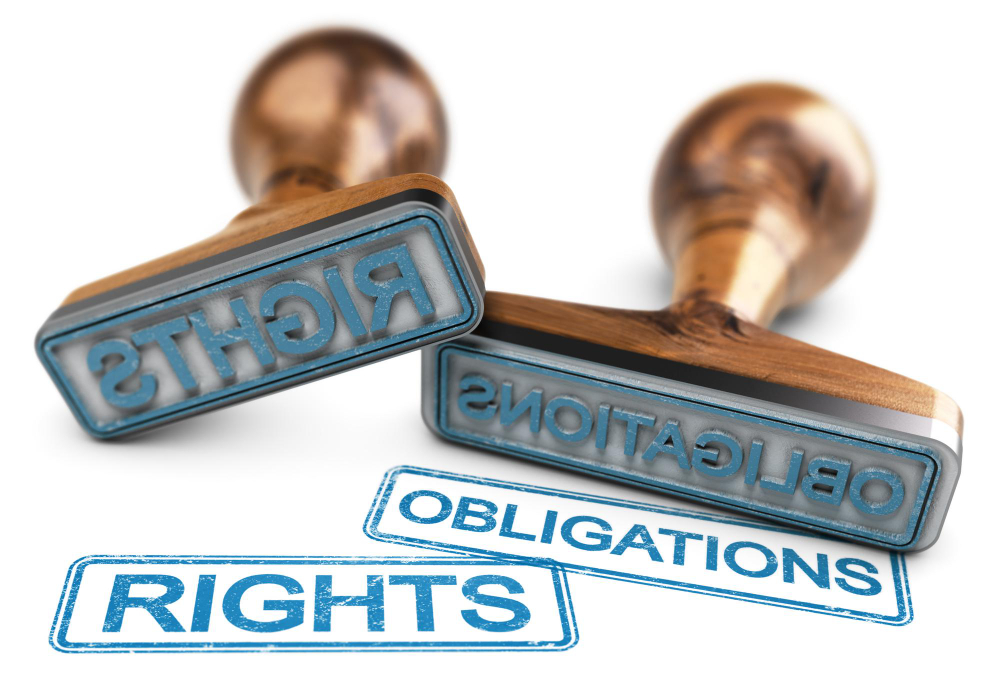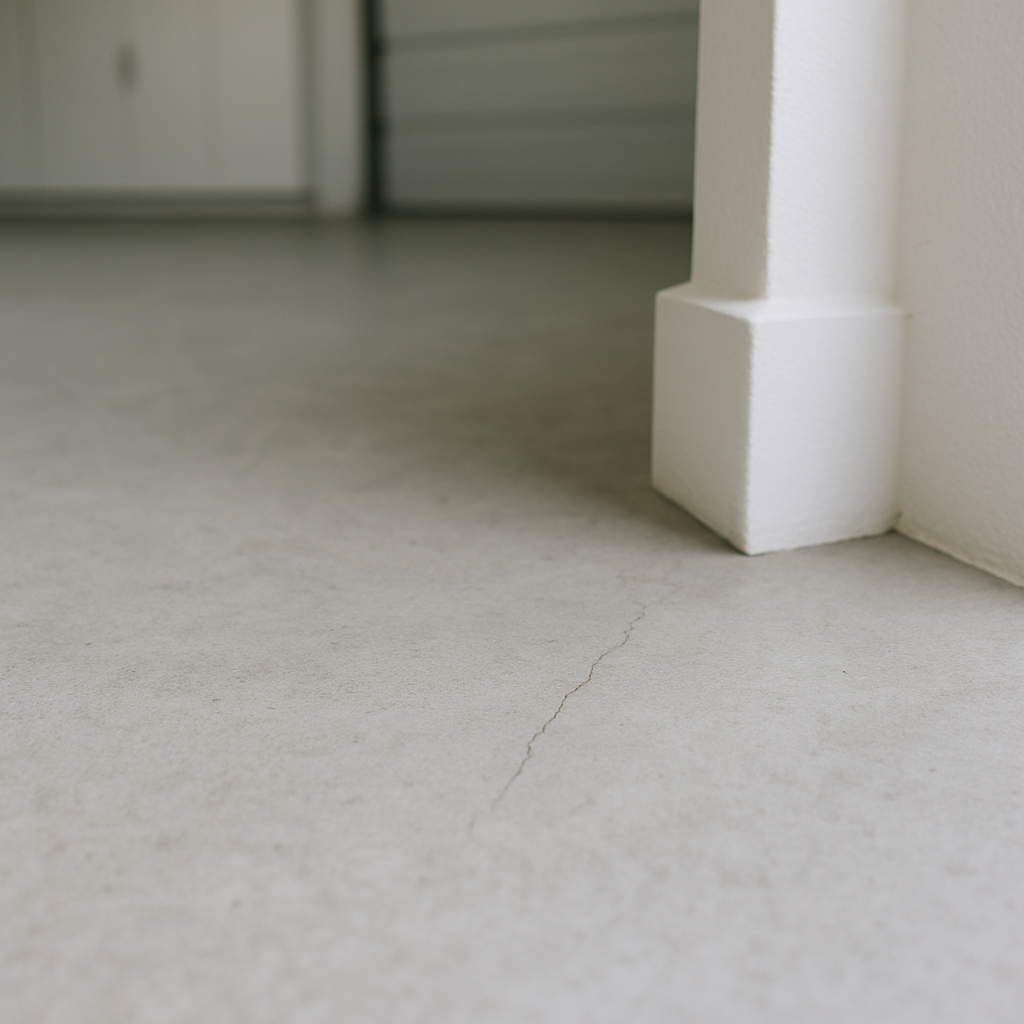Last updated on
Managing, buying, or renting real estate has been profitable for centuries, and will continue to be so. There is tremendous scope for profit for those who know how the market works.
If you’re a property manager or owner and are looking to boost your real estate profits, here’s what you should do:
What's Inside
Find and Screen Quality Tenants

The ideal tenant is cordial, pays on time, and is not a liability. Renting property to quality tenants gives you a stable passive income and saves you money in the long run.
To find quality tenants, post listings on multiple platforms so that your property is seen by the broadest possible audience. Make a shortlist of the best potential tenants based on price match and application.
Next, set up a thorough background check — it should reveal an applicant’s credit score, civil and criminal history, rental payment history, and employment summary (optional). An ideal tenant will have no criminal or civil charges and a credit score between 600 and 650.
They will also be open to discussing their employment status and capacity to pay rent on time throughout the lease.
It would be best to interview your shortlisted applicants personally. Meeting with them in person will help you better judge how they would care for your property. If this is not feasible, an interview via phone or video call should do.
At the end of the day, trust your gut to choose the best-shortlisted applicant who will be a good tenant throughout their lease. They should at least care for your property and pay rent on time.
Set and Collect Rent Payments

A study conducted in 2018 revealed that an average 22- to 30-year-old single millennial spent about $92,600 during that stage of their life. This number has increased exponentially since the pandemic.
When setting a rental amount, be as pragmatic as possible. Consider your property’s location, condition, amenities, nearby transport options, and other details to determine your asking price.
Look at similar listings in the area to see how much other property owners charge.
Your real estate property is an investment, and rent collection must be timely to ensure efficient cash flow. The exact amount and due date must be outlined clearly in the lease agreement, along with penalties for late payments.
You can collect rent payments online or take a physical check. Maintain complete and accurate records of all transactions and document any issues you face with your tenant.
Expert property managers also suggest setting up automated payments, so you don’t have to send reminders to your tenant each month.
Handle Maintenance and Repairs

Maintaining a property is not easy. Neglecting minor repairs can lead to serious issues, racking repair bills in the thousands. In fact, an average homeowner spent up to $6,000 on repairs in 2022.
Proactively repairing and maintaining basic amenities will only increase the value of your property and prevent serious incidents in the long run. Property managers are expected to closely monitor HVAC systems, fire extinguishers and detectors, plumbing, roof and exteriors, and basements.
Listening to your tenants when they bring up an issue and conducting regular inspections will ensure a high-quality property for years.
Deal with Legal and Financial Issues

As a property manager or owner, you must know your legal obligations. Strict contracts must be in place to protect the interests of both parties. Outline the tenant’s responsibilities and what you will be accountable for.
Study local laws and regulations in your area and learn about common legal issues you might face. You can hire a trustworthy real estate attorney for maximum protection.
Documenting every transaction or interaction between you and your tenant will help you avoid problems in the future, especially at the end of the lease period. Communicate with your tenants via email and do not delete these threads. Invest in a robust insurance policy to keep your property safe.
With these best practices, you’ll have thorough documentation for support if issues do arise.
Use Technology and Software to Streamline Your Operations
With continuous technological advancements, everything is shifting digitally, including real estate operations. Property management software is beneficial for commercial and hospitality real estate investment operations. This centralized system makes it much easier to manage all information and transactions.
Gone are the days when property managers used paper and pen to audit reports or record important information. Property management software is so prevalent that its market share is predicted to reach $42 billion by 2030.
Along with the ease of use, it’s also an excellent way to track rental performance and predict future revenue. From bookings to sales and other key factors, robust software tracks it all.
The Takeaway
The American real estate market is not doing well at the moment. In 2023, the fixed mortgage rate went from 7% in August to 7.23% in September. The FED’s 25-basis-point rate bump in July indicates that there will likely be another hike by the end of the year.
As an investor looking to make maximum profits and avoid losses, you may consider regions like Saudi Arabia, Qatar, and the UAE. These real estate markets are considerably more stable, with many commercial and residential investment opportunities. This means adding Dubai properties to your portfolio might be an excellent way of maximizing returns.
Once you’re ready to rent out the property, following a few rules we’ve discussed in this article will help you increase profits as well.
To boost profits on your real estate property through rentals, do your due diligence, screen potential renters, set and collect rent payments, and handle maintenance and repairs. Learn about relevant legal and financial regulations in your area.
Lastly, use technology and software to streamline operations — this will boost efficiency and save you a lot of time and money. Taking care of your property and tenants increases your profits, builds credibility, and saves you from future legal trouble.




